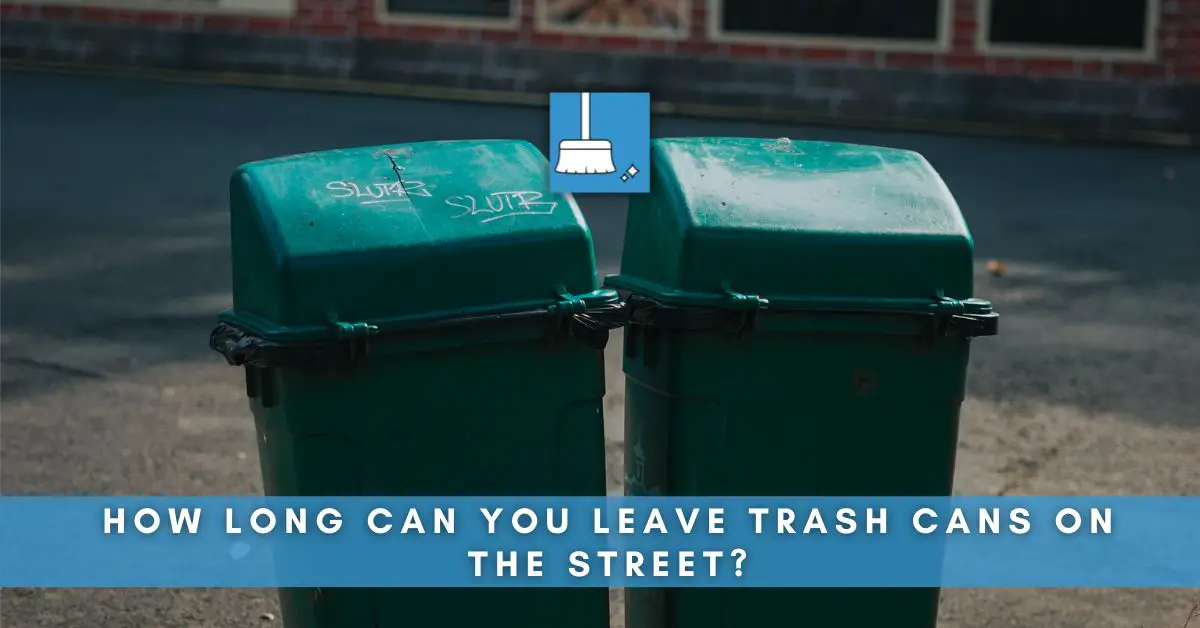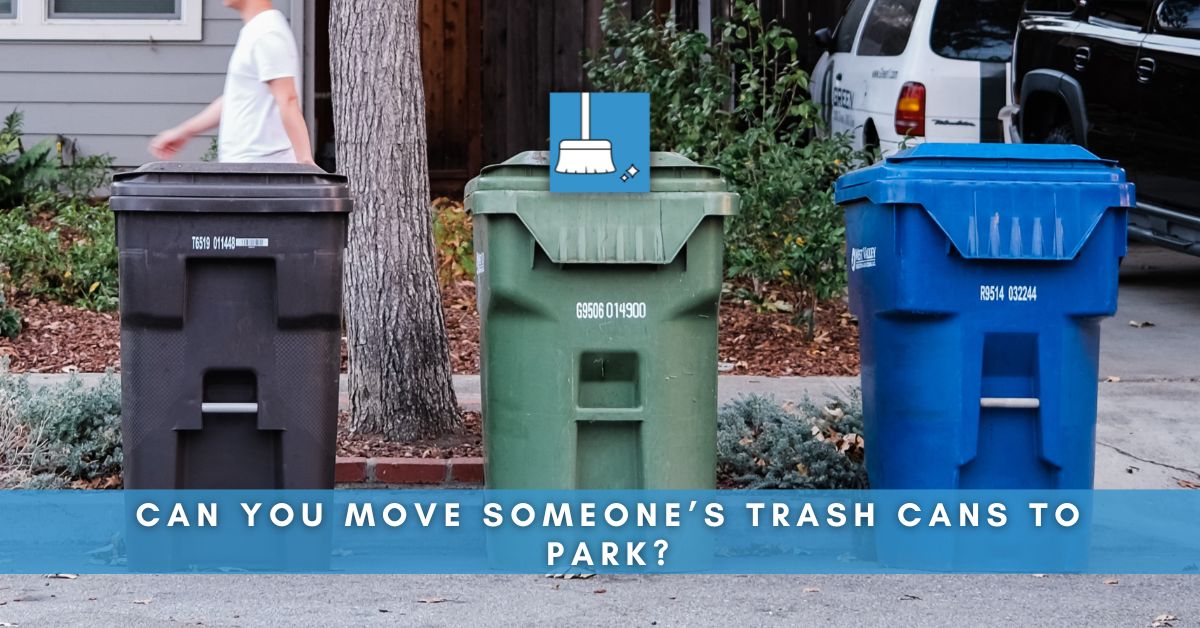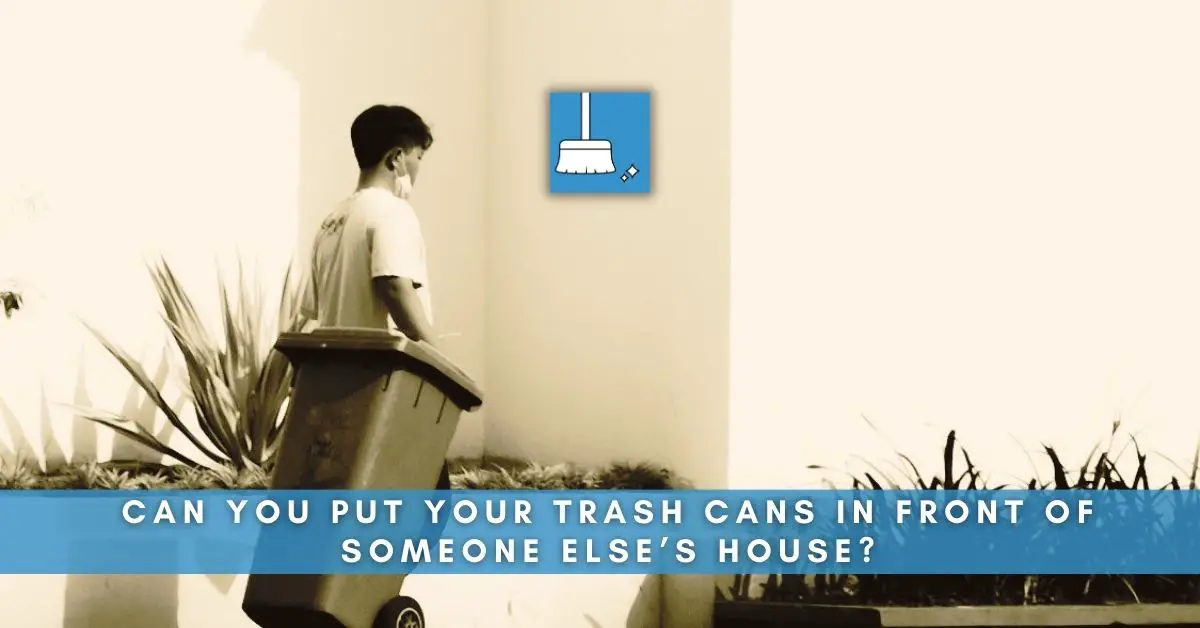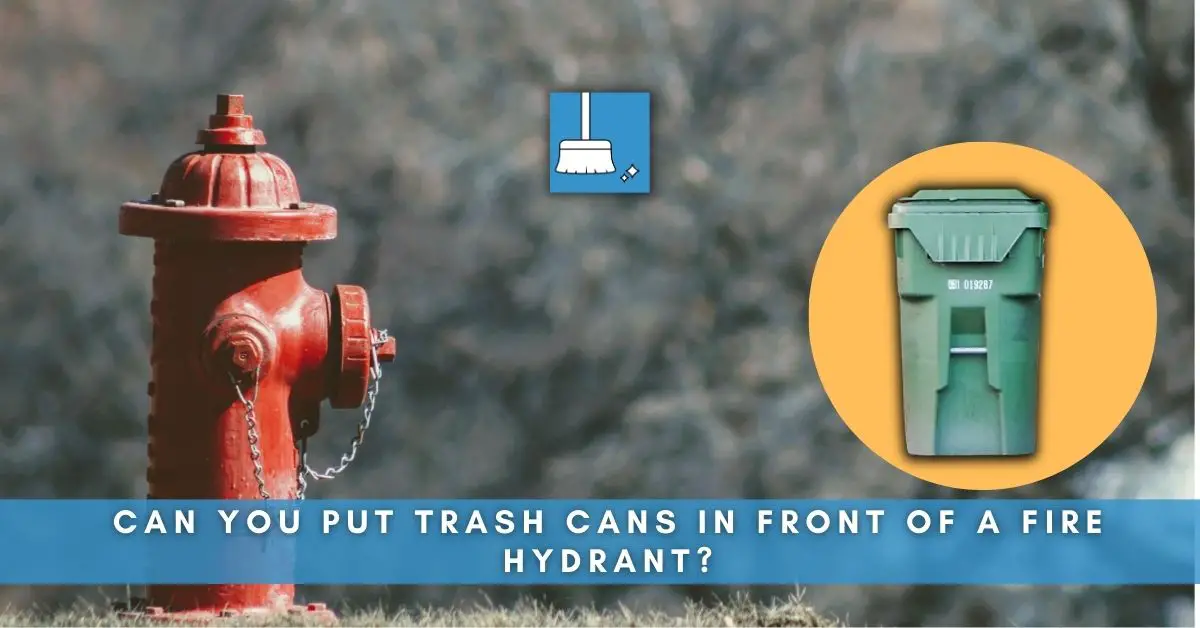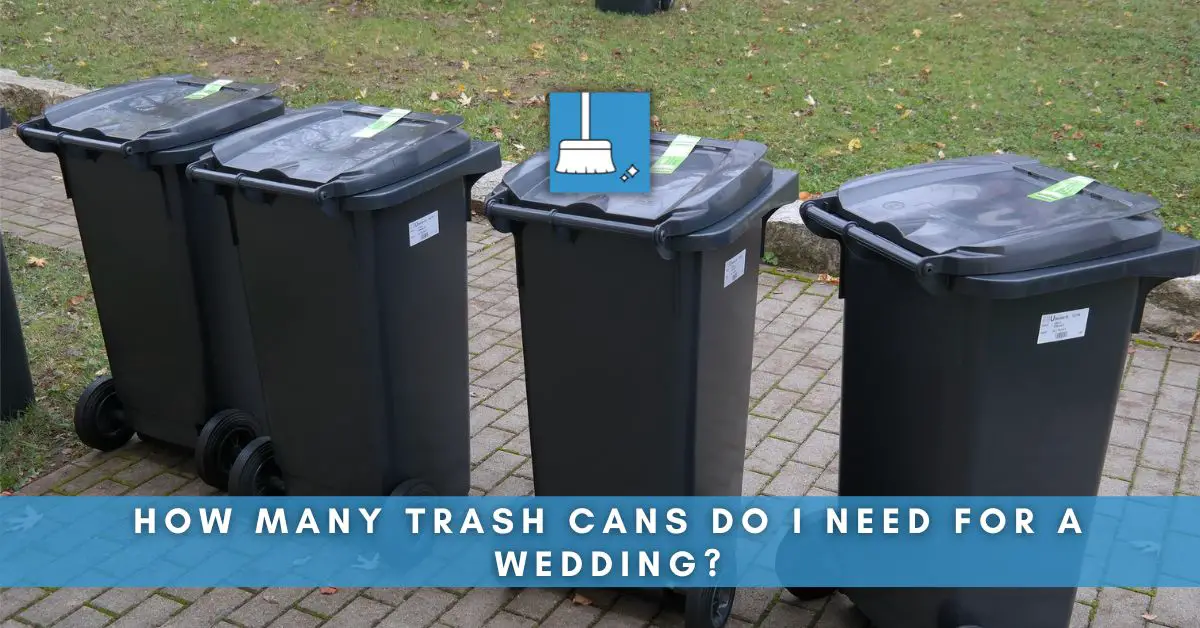Picture this – you’ve just arrived home after a long day at work, and as you turn into your street, you’re greeted by a sight that is both unpleasant and mystifying: a plethora of overflowing trash cans, lining the streets like forgotten soldiers in a battle against decency. Your first thought is, “how long have these bins been sitting out here?” followed immediately by, “how long CAN you leave trash cans on the street without consequences?”
Different cities have different rules and timings for trash pickups. Generally, the residents are supposed to place their trash cans out by 5-7 in the morning and should remove them from the street by the about 5-8 in the evening.
For example, in Los Angeles, you should place the trash can not before 5 am in the morning and remove them no later than 8 pm or when the trash gets picked up (whichever is later).
It is best to visit the website of your particular municipality and have a look at their trash pickup rules.
When Can You Receive a Ticket?
It is possible to receive a ticket for leaving your trash bin out on the street for too long. In some places, there are specific rules and guidelines for when to put out and bring in your trash cans.
For example, Macon-Bibb Solid Waste offers a simple rule for managing trash cans on the street. They suggest the 7-and-7 rule, which indicates that residents should put their trash bins out the night before pick-up so they are ready for collection no later than 7 a.m. In the evening, residents are advised to pull their trash cans back in by 7 p.m.
This rule helps to keep neighborhoods clean and tidy, avoiding what the department calls “unsightly” properties. If residents leave their trash bins out for too long, they can be given a ticket or citation. [1]
While citations are a possible consequence, many cities prefer educating their residents about proper waste disposal practices.
By ensuring timely placement and removal of trash cans, individuals can help maintain a clean and visually appealing community. [2]
Why Not Leave Trash Cans Out for Too Long
Residents should store their garbage cans in their back or side yard when not in use.
1- This practice can prove to be inconvenient for pedestrians and drivers, as well as being considered an eyesore by some neighbors.
2- It helps maintain a clean, uncluttered appearance in neighborhoods and prevents unwanted critters from accessing trash.
3- It also prevents potential tickets or citations for leaving the trash bin out for too long. [3]
4- This situation has can cause inconveniences, such as the loss of parking spaces, and a cluttered appearance to the city.
5- It can imply vacancy at homes, which may pique the interest of burglars. [4]
Being More Mindful
Garbage collectors want residents to be mindful of their parked cars and the placement of trash cans on the street.
When vehicles are parked too close to trash cans, it makes it difficult for them to access the bins, especially if they are operating a one-person truck with an automated arm.
Not only does this delay their pickup schedule, but it also raises concerns about overtime and budget.
To help garbage collectors do their job efficiently, ensure that trash cans are placed in accessible locations without any obstruction.
This simple effort can go a long way in maintaining a clean and safe neighborhood. [5]
Suggestions Made for Neighbors to Help Bring in Garbage Cans for Each Other
There are a few ways neighbors can help each other when it comes to bringing in garbage cans.
One suggestion is to create a neighborhood agreement or schedule where able residents take turns bringing in each other’s trash cans from the street.
This can be particularly helpful for elderly or disabled neighbors who have difficulty with the task.
Another idea is to simply offer assistance when noticing a neighbor’s garbage can still on the street after collection day.
Offering a helping hand is not only a kind gesture but can also lead to a cleaner and more visually appealing neighborhood for everyone.
Open communication and neighborly cooperation can make a significant difference in keeping the community tidy and organized. [6]

